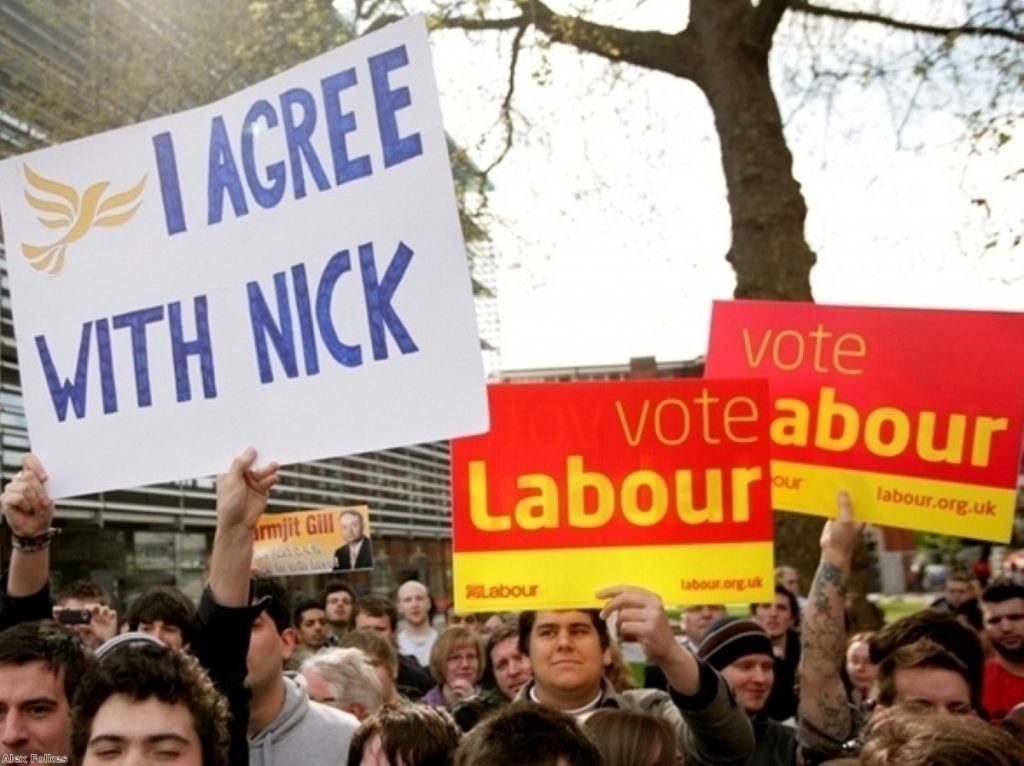Parties on defensive over voting reform
By Rebecca Burns
Leading government and opposition figures have come forward to defend their stance on the voting reform bill following Labour’s U-turn.
Prime minister David Cameron, shadow deputy prime minister Jack Straw, Labour leadership contender Ed Miliband and Liberal Democrat deputy leader Simon Hughes have all hit back at opposition accusations.
Labour pledged to support a referendum on the alternative vote system in their manifesto but, following talks late last night, decided to vote against the bill to introduce a referendum on electoral reform.


This morning Jack Straw said Labour were unhappy about the proposed boundary changes included in the bill and accused the government of “gerrymandering”.
Mr Straw’s comments came in response to David Cameron’s allegation that the Labour party’s u-turn was mere opportunism.
“I know what it is like in opposition,” said Mr Cameron. “I did almost five years as leader of the opposition. The temptation to jump on the bandwagon and be opportunistic is always there and it should always be resisted.”
Simon Hughes, deputy Liberal Democrat leader and occasional coalition rebel, backed Mr Cameron, saying: “Each and every Labour MP campaigned on a manifesto committing to a referendum. Now they have the opportunity to make this happen but have chosen to say no for opposition’s sake.”
He added: “Labour can no longer claim to be the party of reform. It is now the party of vested interests and shameless self-interest.”
But Labour leadership contender Ed Miliband attacked the coalition for making policy deals in order to pacify Liberal Democrat and Conservative disagreements.
Mr Miliband said: “David Cameron has let the cat out of the bag on AV, by saying that ‘in return’ for an AV referendum, the coalition agreed there should be a redrawing of the boundaries.
“He has made a shabby deal of convenience with the Liberal Democrats to rig the boundaries, abolish a say for people in local areas about those boundaries and disenfranchise millions of voters.
“From someone who claims to be for the new politics, this is the oldest form of old, gerrymandering politics.”
The referendum is due to take place on May 5th 2011 if the alternative vote referendum bill is passed.
Fifty Conservative MPs oppose the scheduling of the referendum on the same date as other UK elections and have threatened to rebel.
A Tory-Labour alliance could prompt defeat for the government in the Commons and derail the bill.









